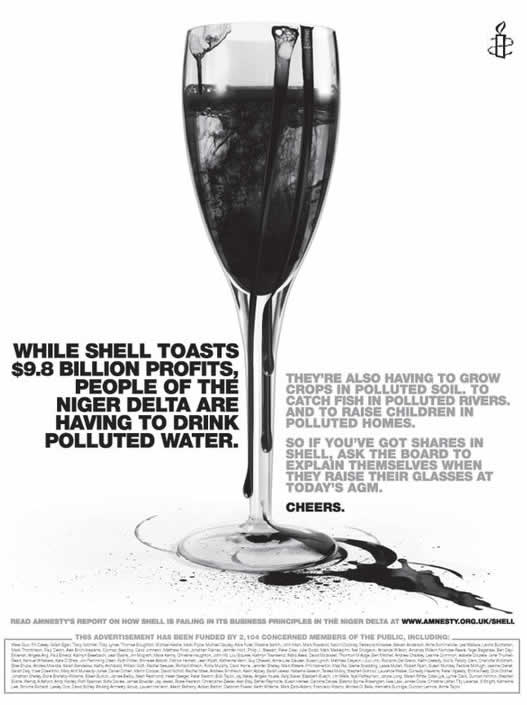Herding sheep with wolves
Wednesday, June 2nd, 2010 by Amanda AtwoodHypothesising about Zimbabwe’s next elections, a colleague commented that Zanu PF wouldn’t have to engage in much violence at all, but still would be able to control much of the population through the threat of violence. The image she used seared my heart: Beat a dog badly enough, and eventually all you have to do is show it the stick and it will cower.
Several months ago, I was throwing steaming hot coffee grounds out in my garden, and accidentally splashed some on my dog, who came running past at the same moment. To this day, he runs away, tail between his legs, if he sees me pick up the coffee pot.
Yesterday I got a text message that fourMDC activists had fled their homes in Mazowe, following threats by “Zanu PF militia members.”
A recent meeting organised by the Organ on National Healing was disrupted by Zanu PF youth militia.
The headline of today’s statement from the Youth Agenda Trust caught my eye: Herding sheep with wolves. How can Zimbabwe even begin to speak about national healing when harassmet, intimidation and violence persist? What hope is there for any future election if people continue to feel threatened – and therefore cower?
The recent disruption of a conference organized by the Organ on National Healing and Reconciliation by ZANU PF youth militias and self proclaimed liberation war veterans in Harare on Saturday 22 May is a clear indicator of the dark cloud of political polarization and intolerance characterizing the Zimbabwean political terrain. The national healing, reconciliation and integration programme which came as a result of Article 7 of the Global Political Agreement signed between ZANU PF and the opposition MDC is yet to make any meaningful progress or impact on the ordinary Zimbabweans. The national healing process despite being led by three senior members of each of the three political parties in the GPA has frantically failed to achieve its intended objectives of reconciling the polarized communities and fostering cohesion and tolerance amongst people with different political and ideological orientations. This recent outbreak of violence at such a high level decision making conference should be strongly condemned in the strongest terms possible and should also be treated as a serious warning to the Zimbabwean political leadership over the implications of a snail pace reconciliation programme crafted by three political elites whose implementation plan is totally disconnected from the people who have been the victims of three decades of genocide, misrule and political conflict. It is sad to note that ZANU PF through its Harare provincial leadership continues to abuse youths within their party structures to be agents of intolerance through their traditional busing and disruption of national events such as the Constitution All Stakeholders Conference and the National Healing Indaba.
The chaos also came in the wake of recent media reports highlighting the possibility of the nation going through an election in May next year. The Youth Agenda Trust would want to reiterate that free and fair elections are only feasible under a new, democratic and people driven constitution. The continued political bickering characterizing the constitution making process coupled with the lack of political will and insincerity in the implementation of the national healing programme as highlighted in the Global Political Agreement remain as the major setbacks towards a free, fair and democratic election in Zimbabwe. A partisan state media, compromised electoral commissions, a partisan security sector and the general unwillingness to respect the constitution by some elements of the executive are a few of the many indicators of the negative political environment for a free and fair election in May 2011.
In conclusion Youth Agenda Trust calls upon the leaders of the inclusive government to reconsider their strategy towards attaining national healing and reconciliation. In fact the commitment and capacity of those appointed to administer this important exercise should be urgently critiqued. A proper national healing framework based on the principles of transitional and restorative justice which is adequately funded from the national fiscus and interested partners which employs a down to top approach remains a key recommendation by the Youth Agenda. The reported plans to re introduce the notorious and violent Border Gezi national youth training programme should be halted forthwith and the political leaders should collectively speak out against the abuse of young people for political expediency.
- Youth Agenda Trust










